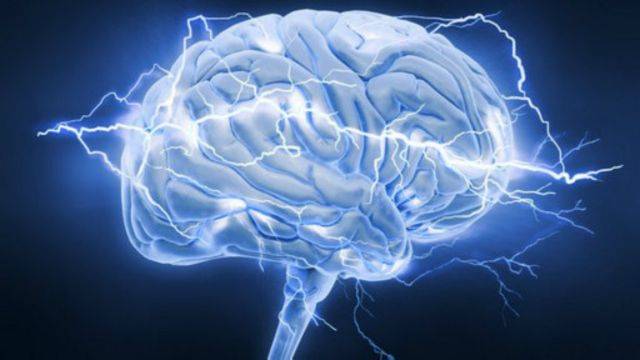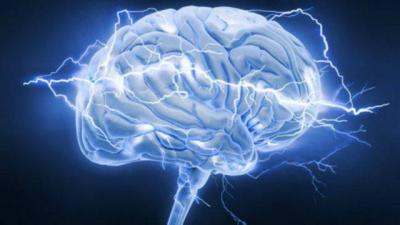A temporary decrease in blood flow to the brain is known as a Transient Ischemic Attack (TIA), also referred to as a "minor stroke." A minor stroke indicates a lack of oxygen reaching the brain, and although the effects may be short-term and easily overlooked, they signal that a more serious stroke could be on the way. The National Health Service (NHS) has highlighted the "sudden" signs of a minor stroke, which can be remembered using the acronym FAST:
- **Face (F):** One side of the face may droop, the person may not be able to smile, or their mouth or eye may droop.
- **Arms (A):** The person may be unable to raise both arms and keep them raised due to weakness or numbness in one arm.
- **Speech (S):** Their speech may be unclear or distorted, or they may not be able to speak at all even though they seem awake; they may also have trouble understanding what you are saying.
- **Time (T):** This means it is time to call emergency services immediately if you notice any of these signs or symptoms.
Even if these symptoms disappear within minutes, you should still seek an ambulance. Individuals considered "at risk of a minor stroke" include those with diabetes or high blood pressure. Sometimes, a minor stroke can cause various symptoms that appear within seconds. These symptoms may include:
- Complete paralysis on one side of the body
- Sudden loss of vision, blurred vision, or double vision
- Dizziness
- Lightheadedness
- Difficulty understanding what others are saying
- Balance and coordination problems
- Difficulty swallowing (dysphagia)
If you suspect you are having a minor stroke, take aspirin while waiting for the ambulance. The NHS states: "You should be referred to see a specialist within 24 hours of your symptoms starting. A Transient Ischemic Attack (TIA) is a warning that you are at risk of having a full stroke in the near future." If you believe you have experienced a minor stroke in the past without being evaluated by a medical specialist, schedule an urgent appointment with your doctor.
### What Causes a Minor Stroke?
A minor stroke occurs when one of the blood vessels supplying oxygen and nutrients to the brain is blocked. The usual cause of the blockage is a blood clot that forms elsewhere in the body.
### What Causes a Blood Clot?
When arteries narrow due to deposits of fatty substances, including cholesterol, hardened plaques can rupture and cause damage to the blood vessels. The American Society of Hematology explains that blood clots help "prevent excessive bleeding when a blood vessel is injured." However, if a blood clot blocks a narrowed artery, it can impede blood flow to the brain, resulting in a minor stroke or stroke. The organization states that "blood clots are one of the most preventable types of blood diseases."
### Best Ways to Reduce the Risk of Blood Clots
The NHS recommends staying active, targeting at least 150 minutes of exercise each week. Ensure that whatever activity you choose, whether swimming or brisk walking, raises your heart rate and makes you feel a little warm at the moment. It is also advised to drink more water (to prevent dehydration, which is a risk factor for blood clots). Additionally, if you are overweight, work on losing excess weight to achieve a healthy weight that corresponds with your body structure and height.




